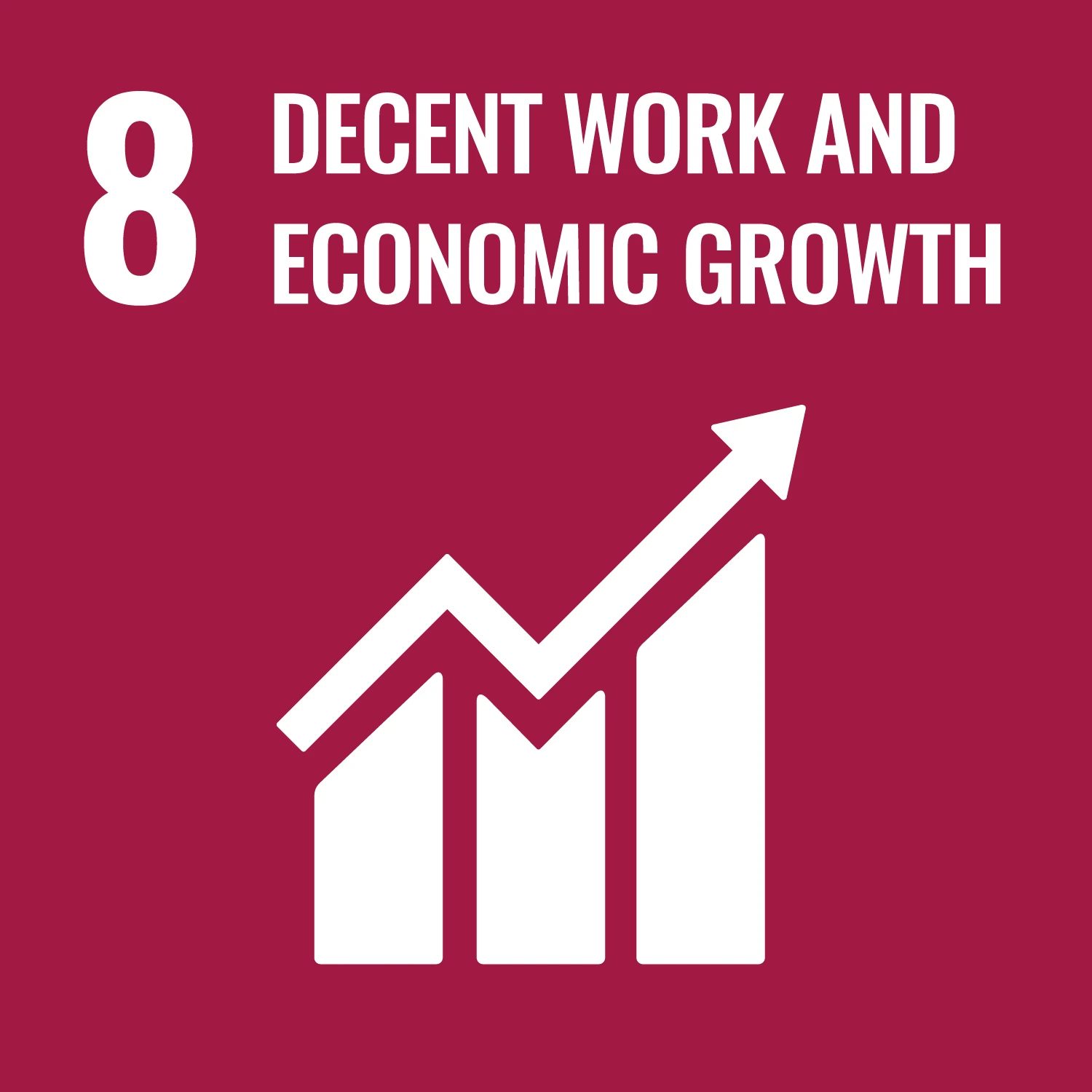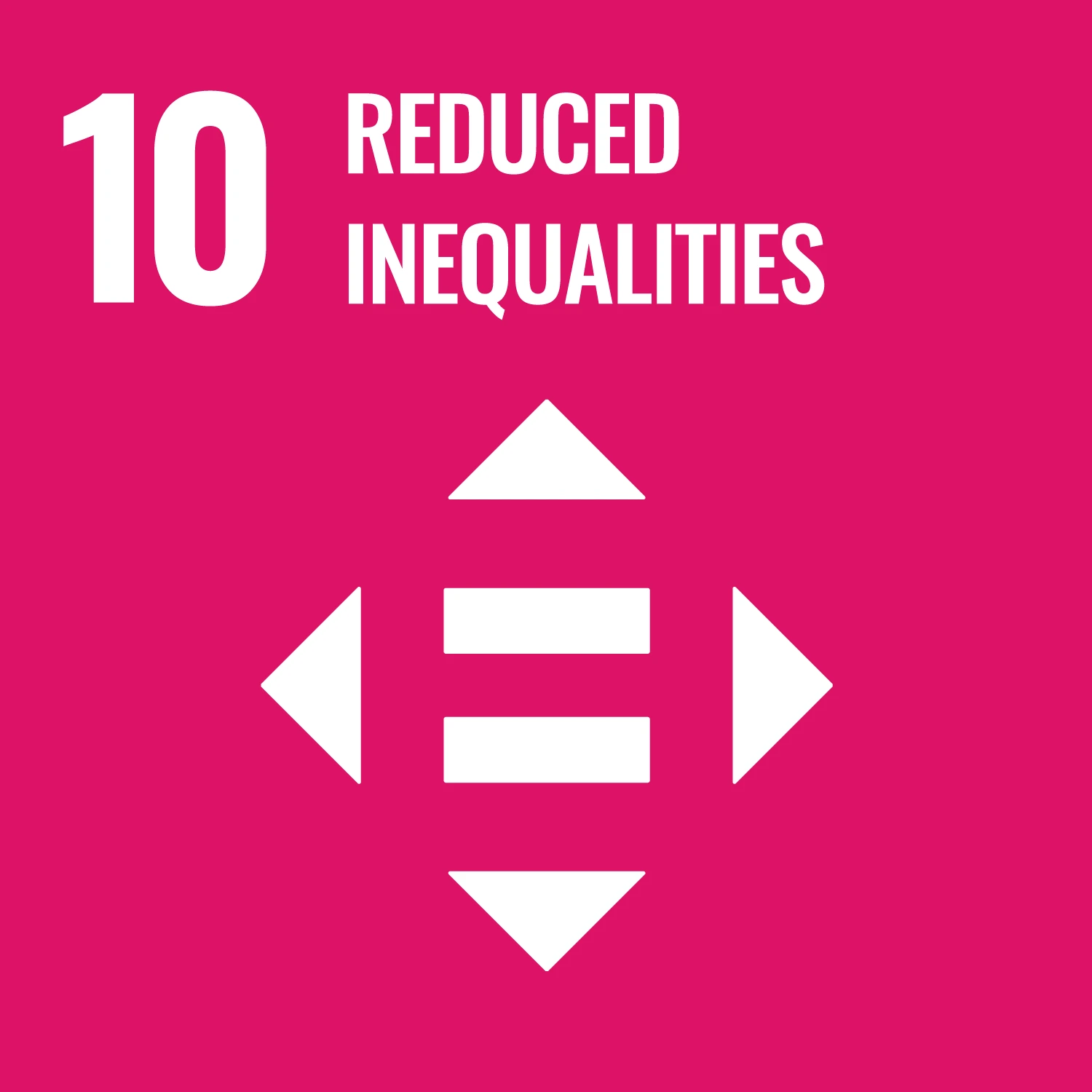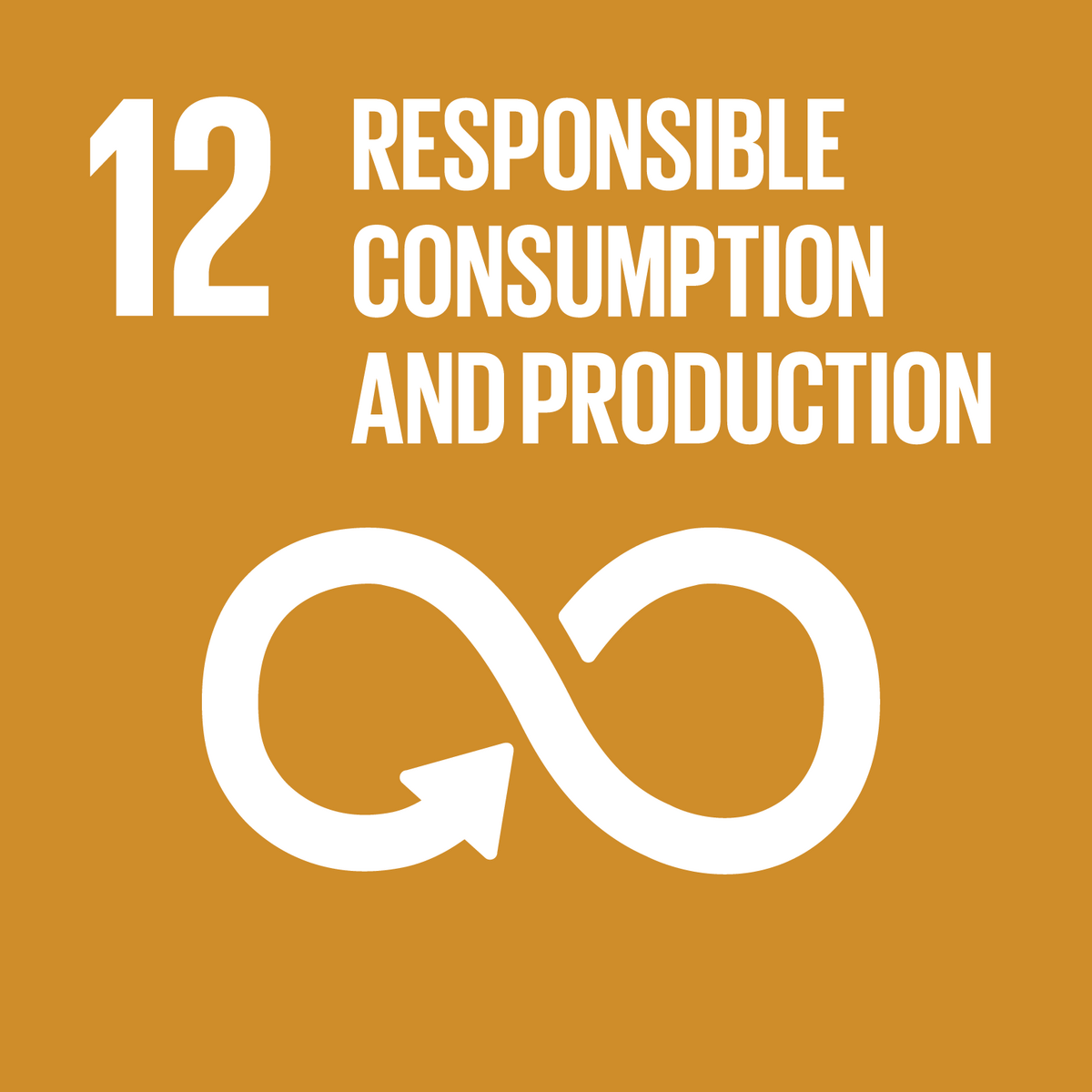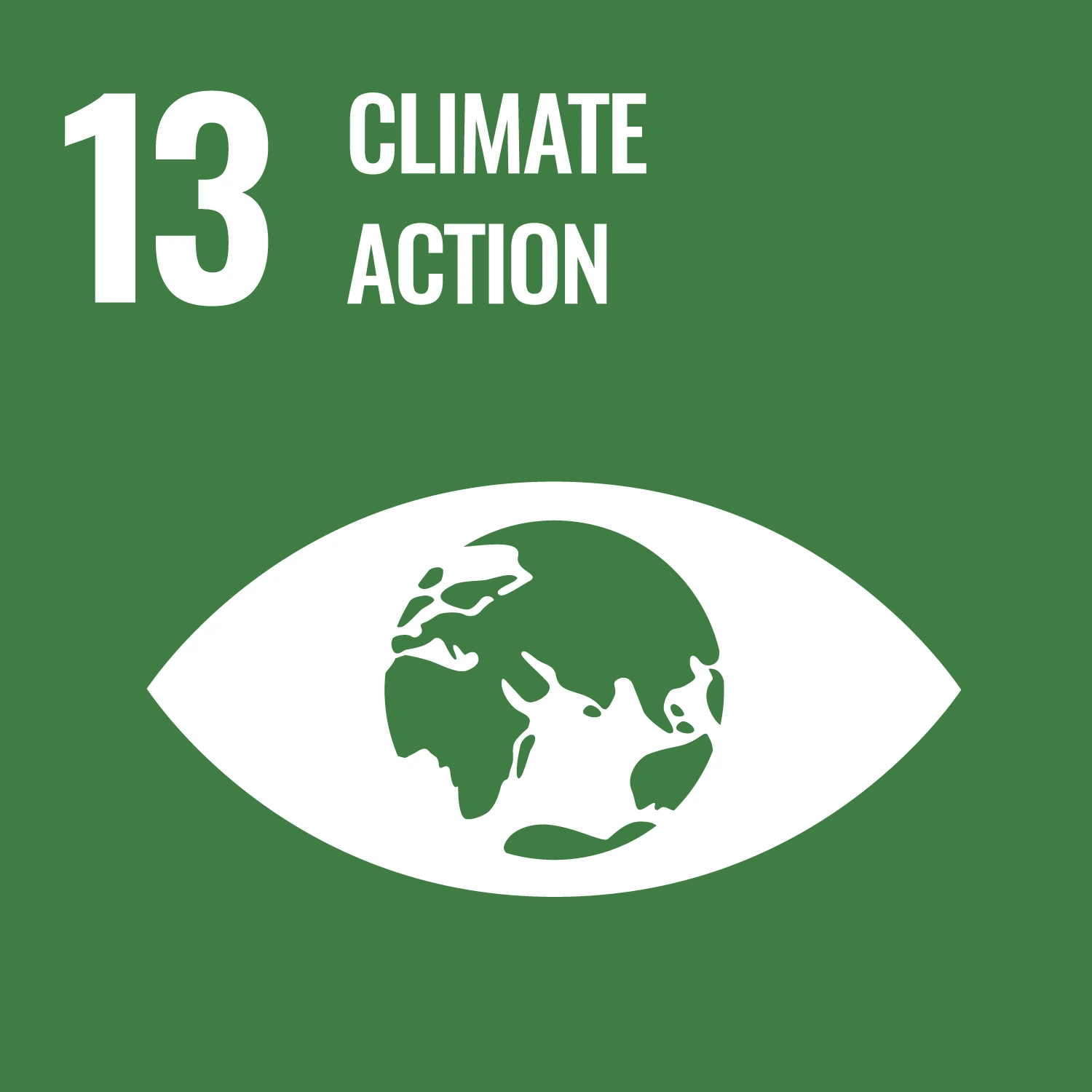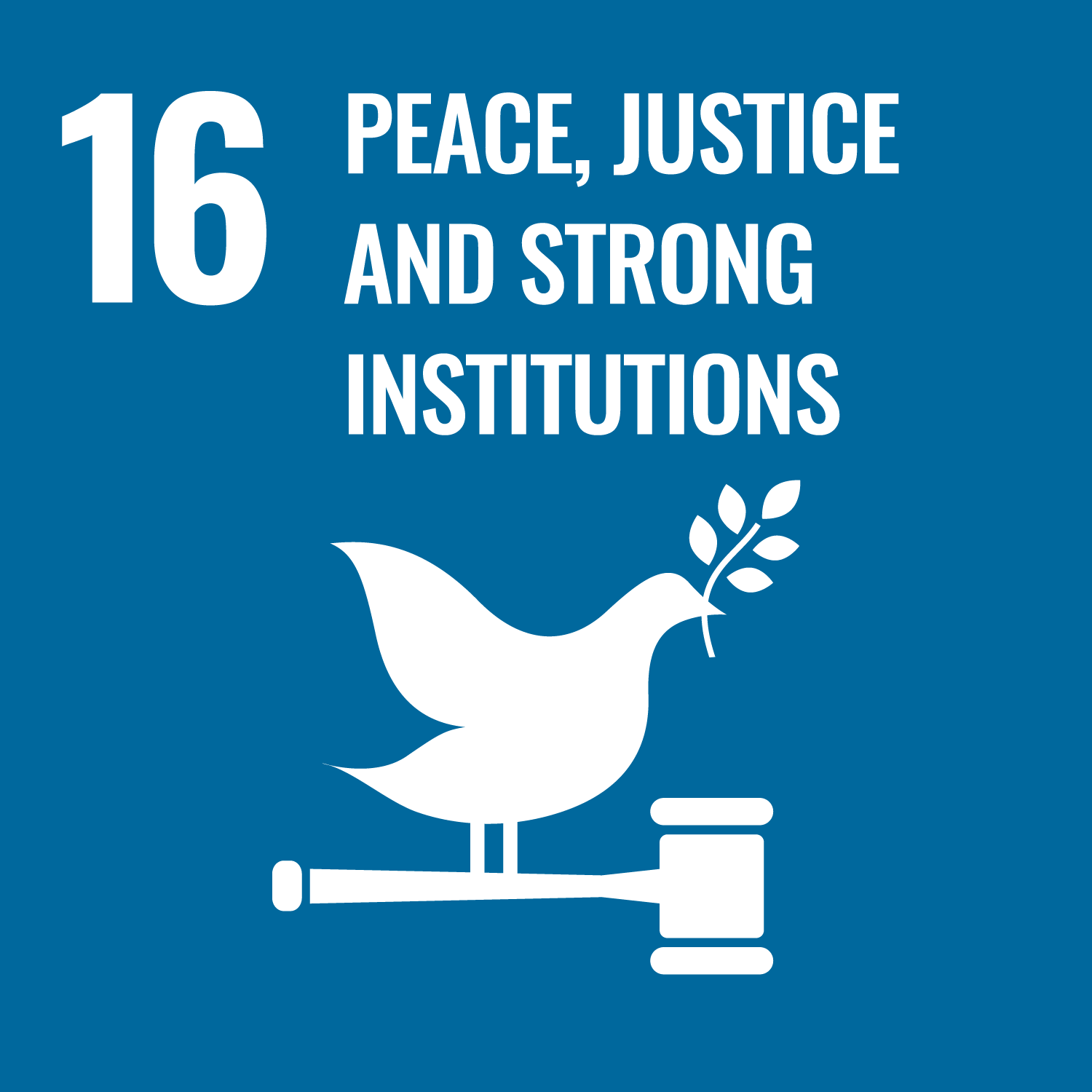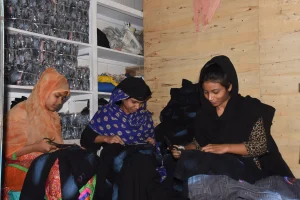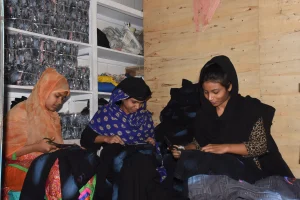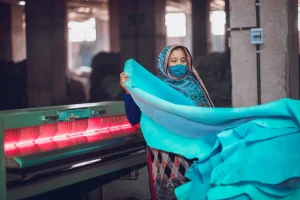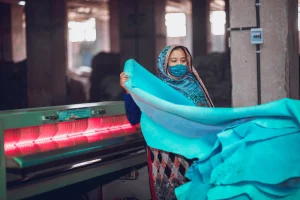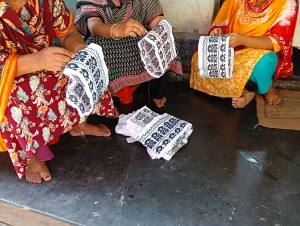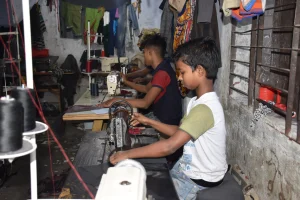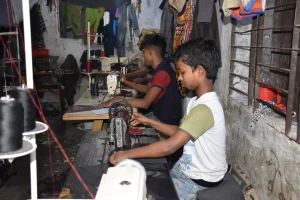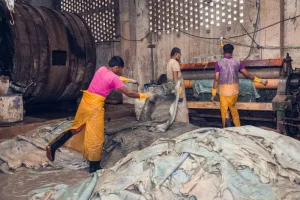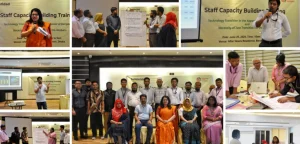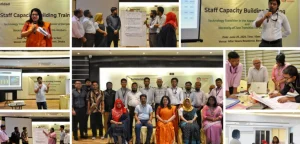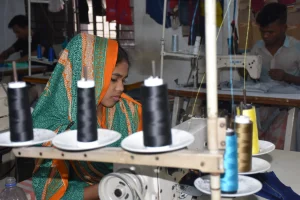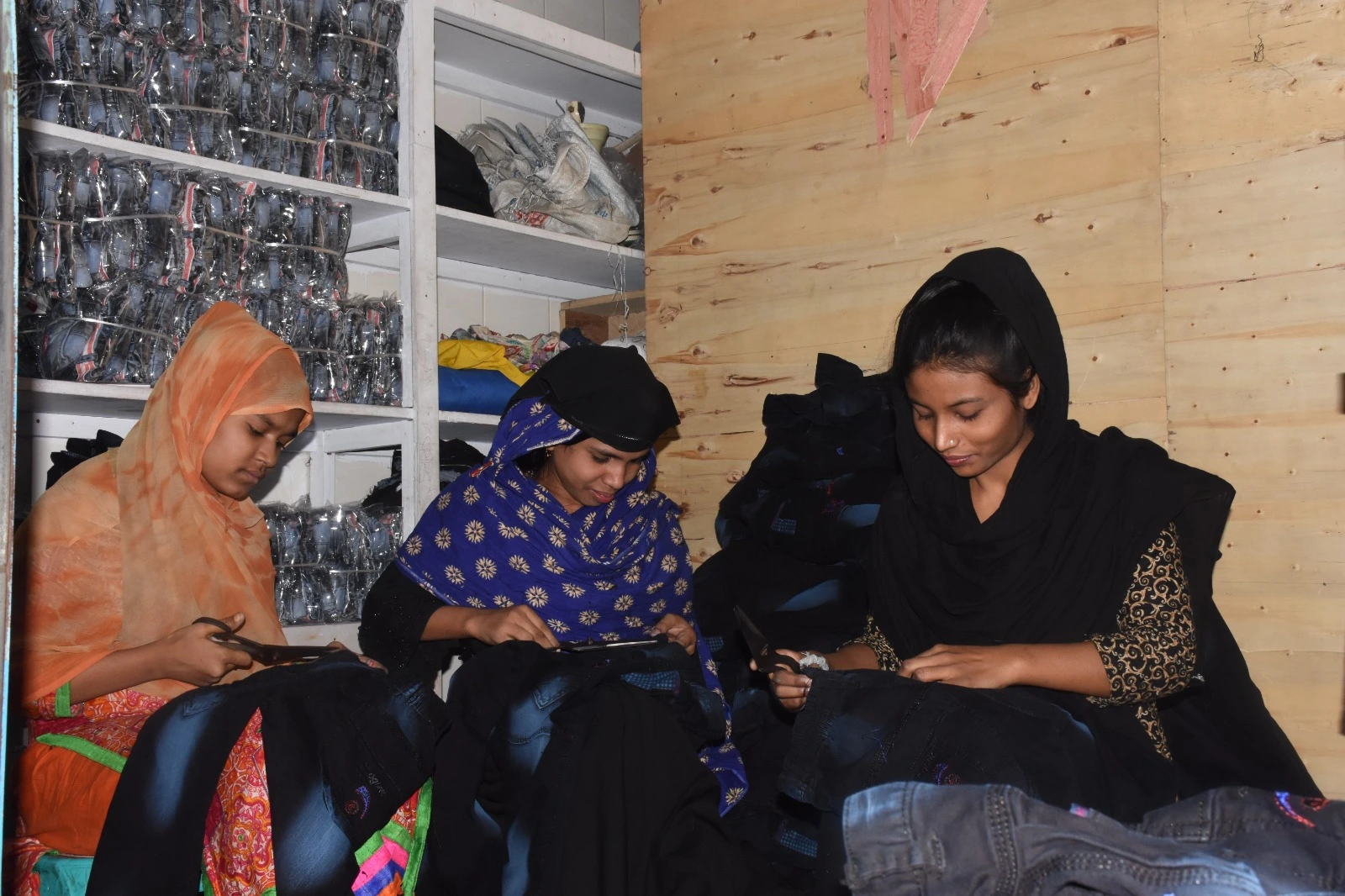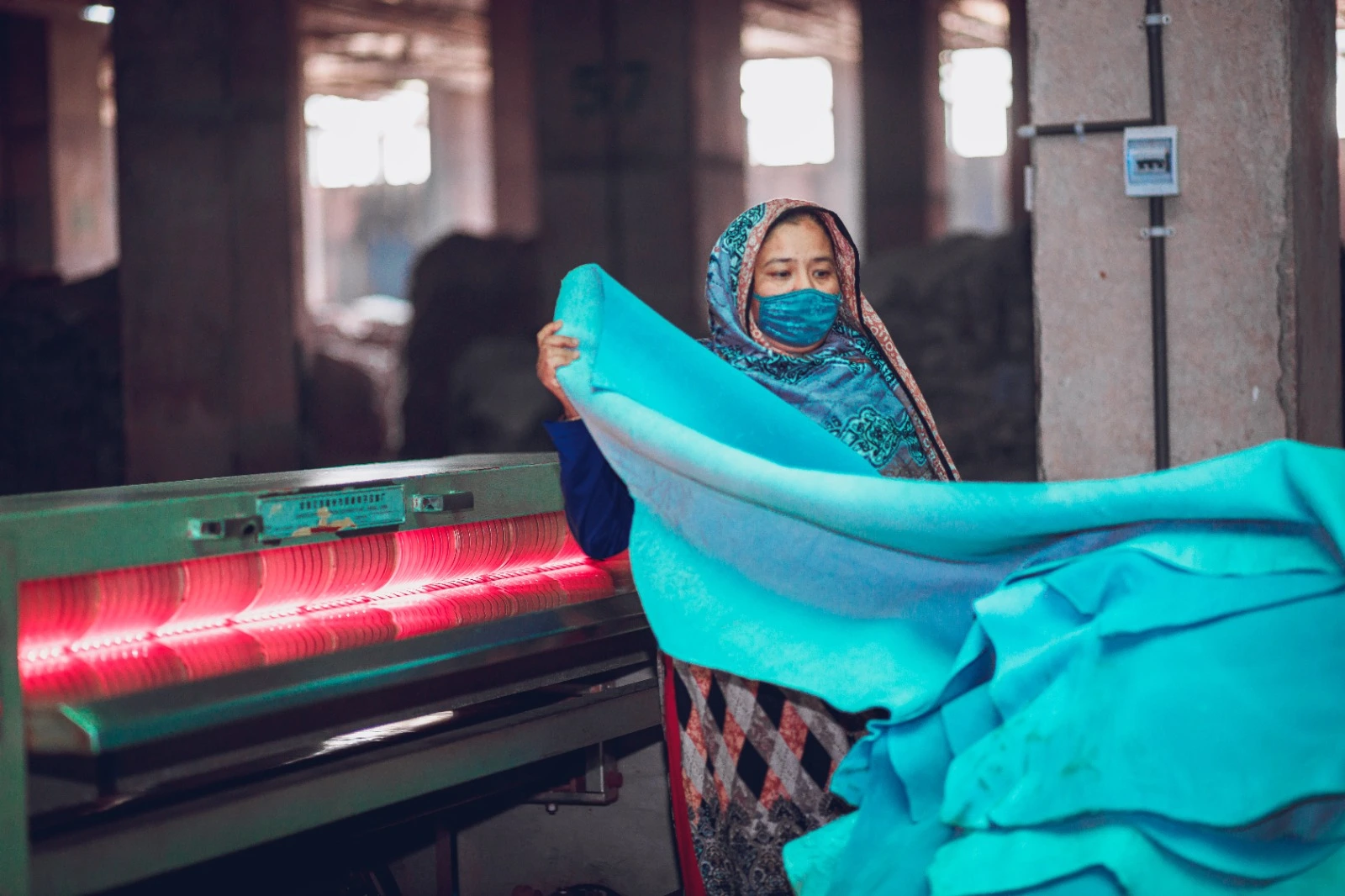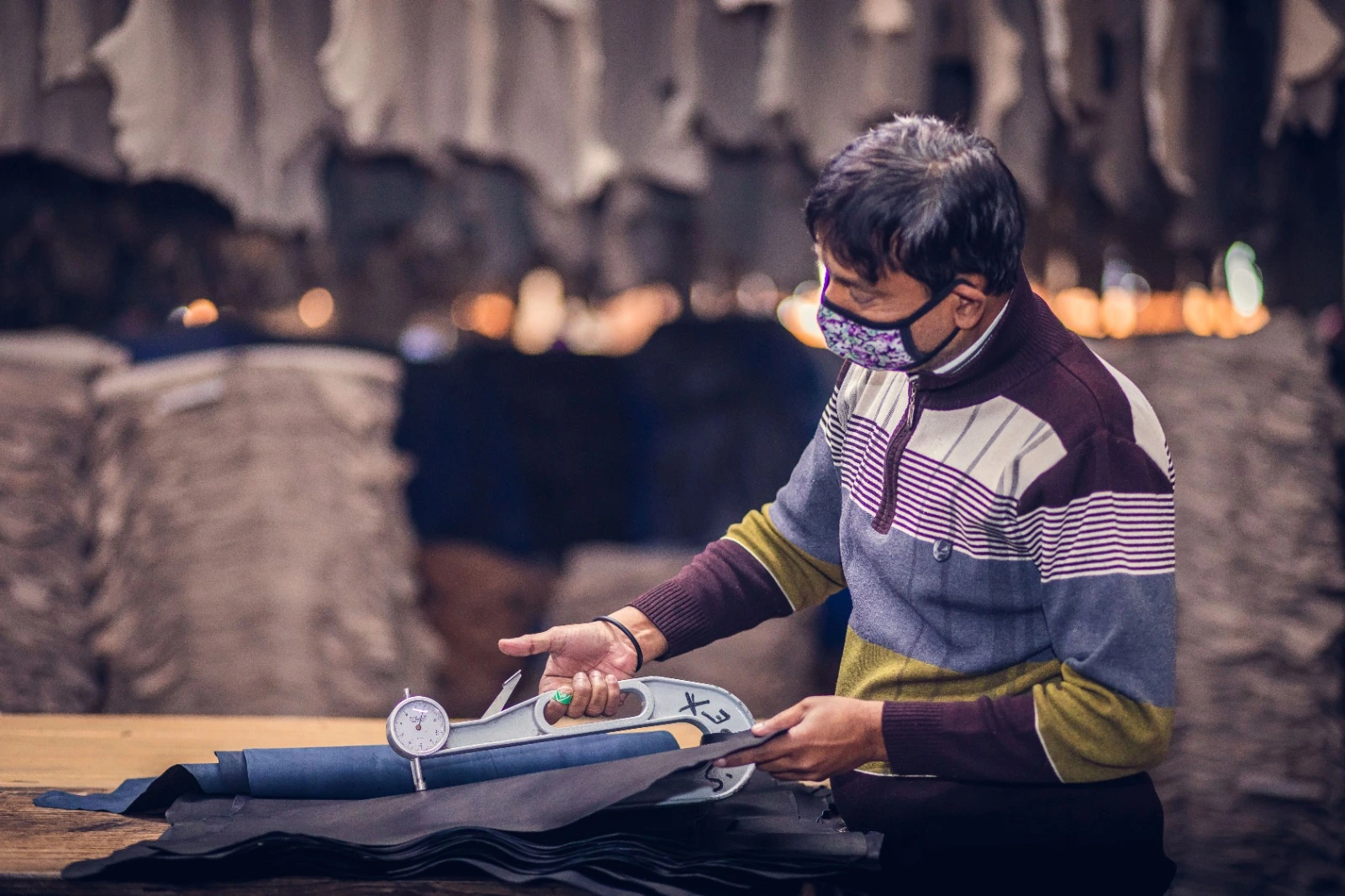Projects
Development Partner
Mondiaal FNV
Location
Inner Dhaka, Ashulia, Savar, Gazipur
Duration
January, 2025- December, 2025
Capacity Advancement and Promotion for Trade Unions’ Advocacy in Just Transition
Overview
“Just Transition,” originating in the 1980s from US trade unions advocating worker protection amid environmental policies, now plays a key role in climate action. It ensures a fair shift to a net-zero economy by supporting workers and communities through job security, fair employment, and skill development. The ILO defines it as “greening the economy in a fair and inclusive way, creating decent work opportunities, and leaving no one behind.” For Bangladesh, highly vulnerable to climate change, a Just Transition framework is essential to safeguarding workers’ health, safety, and job security.
Bangladesh is facing challenges due to climate change, automation, and new global trade rules. This is especially true for workers in the Ready-Made Garment (RMG) and leather industries, which employ millions of people. While the government has made plans to deal with climate change, these policies do not clearly explain how workers will be protected from job losses caused by environmental changes. At the same time, Bangladesh does not have a proper policy on Artificial Intelligence (AI), even though automation is expected to replace up to 60% of RMG jobs by 2030. Social safety programs do not support workers who lose their jobs due to automation or climate-related disruptions. Additionally, Bangladesh is preparing to graduate from the Least Developed Country (LDC) category, which will make it harder to get trade benefits and financial support. On top of that, the European Union (EU) is introducing strict new rules under the Corporate Sustainability Due Diligence Directive (CSDDD), which will require Bangladeshi businesses to follow stronger labor and environmental standards. This creates even more pressure on industries already struggling with climate change and automation.
Despite these major challenges, trade unions in Bangladesh are not well-prepared to protect workers’ rights in these changing conditions. They are not actively involved in discussions about Just Transition (ensuring fair treatment for workers as industries change), and they lack the research and skills needed to push for better policies. To address these issues, Bangladesh Labour Foundation (BLF), with support from Mondiaal FNV, has launched a project to strengthen trade unions, increase awareness about automation and climate change, and advocate for policies of Just Transition that protect workers. Through this initiative, BLF aims to improve social dialogue, train union leaders, and push for better government policies that ensure workers are not left behind as industries evolve.
Objectives
- Strengthening the knowledge and capacity of the trade unions in Bangladesh to effectively engage in evidence-based lobbying and advocacy, aimed at safeguarding workers' rights through a Just Transition framework.
- Providing data on Just Transition, with a focus on the RMG and leather sectors, to support TU leaders-led evidence-based advocacy and campaigns for Just Transition.
- Enhancing the capacity and bargaining skills of trade unions on Just Transition to effectively lobby and advocate for the protection of workers’ rights during the transition process.
- Increasing awareness among trade unions, government, and other stakeholders about the critical importance of Just Transition.
Outcomes
- Enhanced awareness and stakeholder engagement to establish Just Transition as a mandatory framework for sustainable labour practices in Bangladesh.
- Established reliable data on the impact of climate change and Just Transition in the RMG and leather sectors making available to support evidence-based lobbying and advocacy that the TU leaders may utilize to drive informed policy discussions and campaigns to safeguard workers' rights.
- Strengthened Trade Union Capacity and Negotiation Skills to negotiate effectively for worker protections during the transition process.
- Improved collaboration between trade unions, employers, and policymakers to ensure a fair and inclusive transition for workers.
Major Activities
- Study on Just Transition and Climate Change in the context of Bangladesh, with a specific focus on the RMG and Leather sectors and disseminating the study findings with stakeholders.
- Organizing Day Long National Convention of the Climate, Just Transition and Worker Rights Nexus including National and Multi Sectoral Trade Unions and Civil Society Leaders.
- Arranging capacity building workshop for the cluster-based trade union leaders of RMG and Leather sectors on Just Transition and Climate Change.
- Assisting in formation of a core group comprising leaders, including both male and female youth leaders, from RMG Trade Union (TU) federations and Tannery Workers Union (TWU).
- Arranging Training Session with the TU leaders in the RMG and Tannery sector on advocacy and negotiation skills on Just Transition.
Sector

Readymade Garments and Tannery Industry
Thematic Area
Just Transition
Climate Action
Organizing & Capacity Building
Advocacy
Labour Rights
Project SDGs Goals follow
